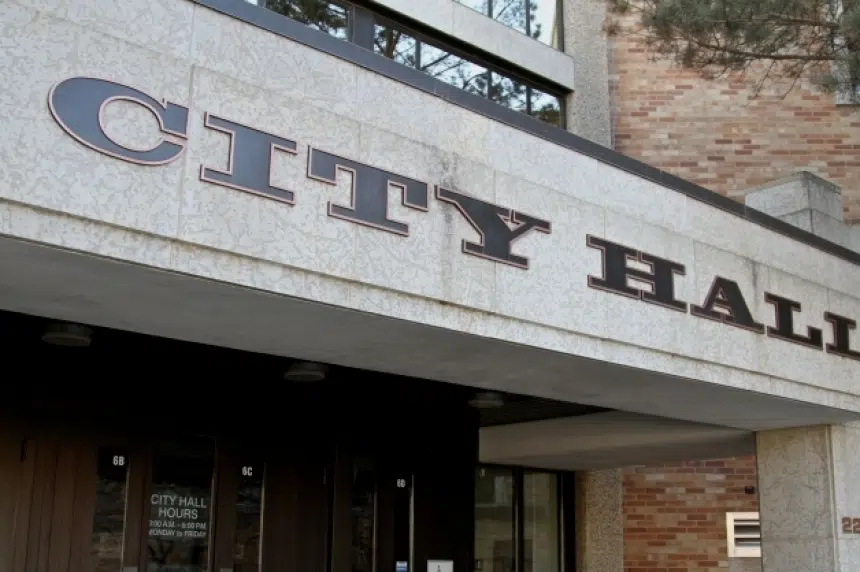The economic and financial impacts of the COVID-19 pandemic will be felt for at least the next couple of years in Saskatoon, meaning at this point it looks like taxes may be going up significantly over the next couple of years.
Chief financial officer Kerry Tarasoff says administration will be recommending its “indicative tax rates” at the upcoming governance and priorities committee meeting Monday.
“This is not the tabling of the 2022 and 2023 budgets. This is asking the governance and priorities committee on Monday as to the starting point in preparing the budgets. The indicative rate is an estimate of what the administration requires to deliver the same services at the same service levels as in the previous year’s budget,” he explained.
The rate also gives administration an indication of council’s tolerance for a property tax target early in the budget process. It doesn’t include the impact of COVID-19 on the budget, which is pegged at $16.8 million for 2022 and $10 million for 2023.
The rates at this point are well above the 2021 final property tax rate, which was set at 2.83 per cent.
According to administration, the estimated rate so far for 2022 is 5.96 per cent, and 5.42 per cent in 2023. What does that mean for someone with a home averaging around $371,000?
“We did a quick estimate on that, and that would be about $10 a month for an average homeowner for the 2022 increase,” said finance director Kari Smith.
For 2023, it’s about $9.70 per month.
On Monday, councillors will likely decide if they want to set property taxes at the same rate, increase them, or decrease them.
“The city’s expenditure increases are driven primarily by growth, and inflation,” Tarasoff said. “Administration has made efforts to limit the increase in budgetary expenditures with the aim to lessen the potential property tax increase while maintaining existing service delivery levels.”
Tarasoff said growth in user fees and government operating transfers are below population changes and inflation, and coming up with the rate for the next couple of years was very difficult.
“We have basically cut or deferred … over $8 million in items that our administration had requested,” Tarasoff said. “So that means that the administration is obviously having to do what they are wanting to do with less and really tightening up the belt, or even having to defer some things that they maybe wanted to do but just can’t.”
Councillors will review more recommendations at a meeting on Aug. 23, and administration will also report on other potential funding sources. The budget will then be reviewed in the latter half of October.
Tarasoff said over the last few years, council has ended up “pretty close” to the estimate initially given out.
“They pretty much stay within that limit,” Tarasoff said. “Of course, over time, things do change … This is just the beginning and the starting point of the budget process.”
Final budget deliberations and property tax decisions will be made by council Nov. 29 and 30 and Dec. 1.











